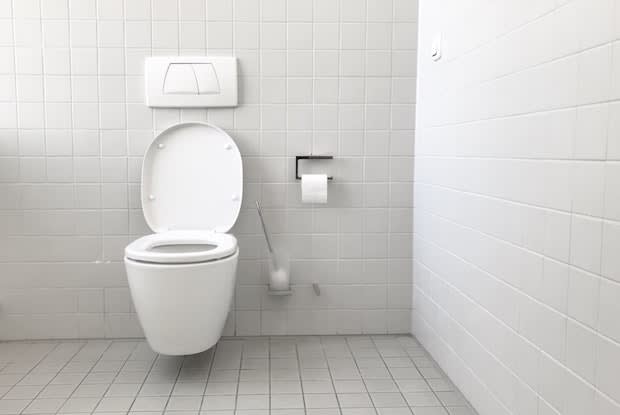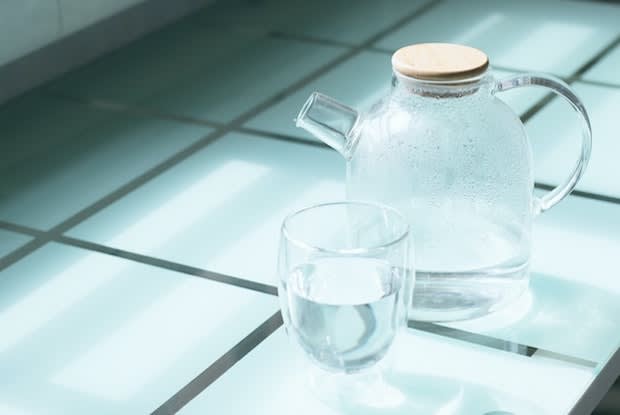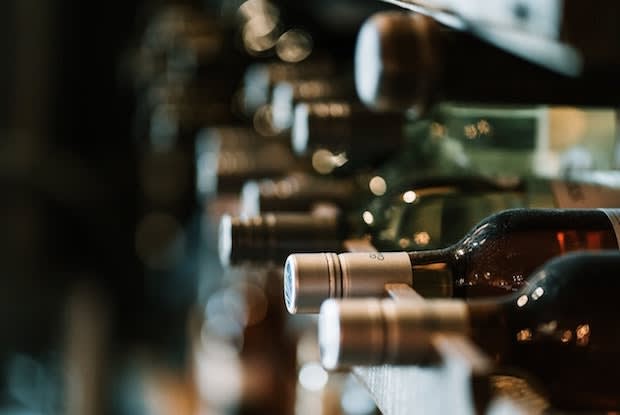Table of Contents
I. What is Overactive Bladder?
II. Diet Tips for Overactive Bladder
III. Overactive Bladder Medications
What is Overactive Bladder?
Having an overactive bladder can be a real source of stress and anxiety. Approximately 33 million people living in the United States have overactive bladder (OAB) [1]. This condition causes people to urinate frequently and urgently. OAB may also cause occasional incontinence and can affect sleep when people need to wake up multiple times to urinate a night. If you, or someone you know, regularly urinates more than eight times a day or wakes up more than once a night to urinate, then they may have an overactive bladder.
Overactive bladder is an unpredictable condition that can negatively affect a person’s quality of life. People with this condition can find It difficult to plan or enjoy social activities, long travel, or visiting new places for fear of a sudden urge to urinate without a bathroom in sight. Overactive bladder is more common in adults over the age of 40 and is slightly more common in women than men. [2]
For most people, signals in the brain alert them when their bladder is nearly full so that they can go and urinate. When you reach the bathroom, the brain sends a message to the bladder telling muscles to contract in order to urinate. [3] However, when the nerve signals between the brain and bladder are not functioning correctly, then OAB can occur. This dysfunction is usually caused by nerve damage in the bladder region, including damage to the uterus, anus, or pelvic floor. When these nerve signals do not function correctly, the brain incorrectly believes that the bladder is full, resulting in sudden urges to urinate. [4] There are some foods and drinks that can worsen the symptoms of overactive bladder. Keep reading to learn more about a suitable diet for anyone with the condition. Along with eating well, antispasmodic prescription medications can also be used to treat AOB. Common antispasmodic medications include Myrbetriq (mirabegron), Detrol LA (tolterodine), and Vesicare (solifenacin). For people that have overactive bladder, there are several lifestyle changes that may help reduce symptoms. One of the most effective of these is to change your diet. It is important to avoid foods and drinks that may irritate the bladder. It is well-known that drinking more fluids results in frequent urination. This is especially true when you drink too much too quickly. For people that have an overactive bladder, it can be more suitable to drink small amounts throughout the day rather than having a full drink at meal or snack times. You may want to try limiting yourself to 16 ounces (473ml) of fluid with a meal and 8 ounces (237ml) between mealtimes. [5] If you regularly wake up in the middle of the night to urinate, then try and reduce the number of liquids consumed in the evenings. However, drinking fluids is important to your health and should not be stopped. People with an overactive bladder may go too far when limiting their fluid intake. Unfortunately, this can also worsen the symptoms. Drinking too little fluid can result in a build-up of waste in the body, irritating the bladder. An irritated bladder will then increase your need to urinate. [5] Diuretics are substances that encourage the body to urinate in order to remove excess water. For obvious reasons, people with an overactive bladder should limit the amount of these substances that they eat and drink. Substances that have a high dosage of caffeine have a diuretic effect. Coffee is a popular drink that is high in caffeine. It is unlikely that a single cup of coffee will contain enough caffeine to increase the production of urine but people with OAB should avoid drinking multiple cups a day. While not as caffeinated as coffee, tea, cola, and chocolate should also be reduced or eliminated from your diet. Different foods and beverages can irritate the bladders of different people. It can be useful for people with OAB to cut out certain irritants for a week or two and keep a note of any improvements. If symptoms don’t improve, then add this food back into your diet and cut out something else. Common foods and drinks that irritate the bladder include: Alcoholic beverages should also be reduced or eliminated from your diet. Alcohol causes your body to dehydrate, therefore increasing the amount of urine that is produced. Alcohol can also affect your brain functions and cause more signals to the bladder to release urine. [6] Lifestyle changes like changing your diet and exercising certain muscles can help to improve the symptoms of an overactive bladder. There are also many prescription medications available to help treat OAB. Antispasmodic drugs such as Myrbetriq (mirabegron), Detrol LA (tolterodine), and Vesicare (solifenacin) work by relaxing the smooth muscles within the bladder, reducing the need for urgent urination. [7] As well as inhibiting contractions in the bladder, urinary antispasmodic medications also block the effects of transmitters in the nervous system. [8] The content provided in this article is based on thorough research and in some cases, reviewed by a medical professional. Our goal for the information is to provide helpful, general health informational. It is not intended as a substitute for professional medical advice.
Diet Tips for Overactive Bladder
a. Too Many Fluids

b. Diuretics
c. Bladder Irritants
d. Alcohol

Overactive Bladder Medications
